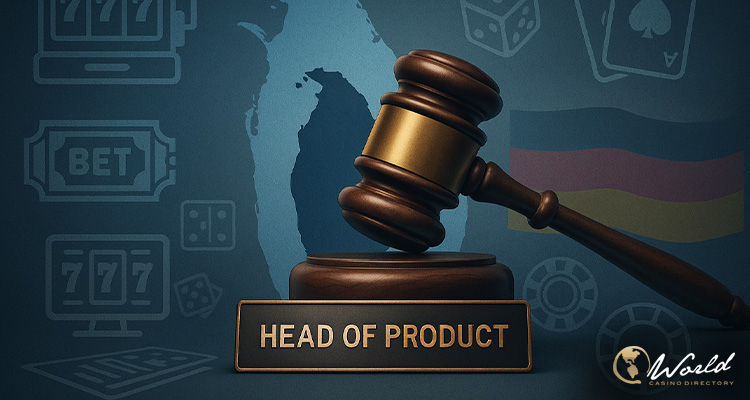Sri Lanka is preparing for a significant shift in its gambling regulatory framework with the introduction of a bill to establish an independent Gambling Regulatory Authority. The move, initiated under the leadership of President Anura Kumara Dissanayake, who also serves as Minister of Finance, Planning and Economic Development, reflects the government’s intention to modernize the country’s gambling oversight mechanisms.
The bill has now been officially gazetted, signaling the first legislative step in the formation of this new oversight body. If passed by Parliament, the bill will become law as the Gambling Regulatory Authority Act, setting in motion a sweeping overhaul of current gambling laws.
Replacing obsolete legislation:
This reform proposes the repeal of three long-standing laws: the Horse Racing Betting Ordinance, the Gambling Ordinance, and the Casino Ordinance. These acts, some dating back to the colonial era, have governed gambling activities for decades. However, government officials now view them as insufficient to deal with the challenges of modern gambling—particularly online betting, illegal operations, and the lack of centralized oversight.
According to the draft bill, the new Authority will be tasked with managing all regulatory aspects of gambling in Sri Lanka. It is being designed as an independent body, free from direct political influence, and equipped with a wide mandate to supervise, license, and monitor gambling businesses across the country.
Among the Authority’s core responsibilities will be the enforcement of transparency, integrity, and financial accountability in all gambling operations. It will be empowered to collect revenue related to gambling, ensure that operators meet their legal and tax obligations, and impose penalties for non-compliance or illegal activity.
According to Lanka Express, the Authority is expected to oversee the full spectrum of gambling, from casinos and race betting to online platforms. A key component of its mission is to curb illegal gambling by tightening regulatory control and improving monitoring capacity.
The government has emphasized that this is not just a regulatory step but part of a broader economic and governance initiative. By ensuring better revenue collection and closing gaps exploited by unregulated operators, the Authority is expected to support public finances and discourage criminal misuse of gambling platforms.
Cabinet approval and legislative path forward:
Cabinet ministers gave the green light to the proposed legal framework during their session held on 21 April. The next step involves presenting the bill to Parliament, where it will be subject to debate and potential amendments before it can be passed into law.
Once enacted, the Gambling Regulatory Authority Act will serve as the legal foundation for a fully empowered regulatory body. It is anticipated that the Authority will also develop licensing frameworks, audit mechanisms, and compliance protocols for all registered gambling operators. This includes the authority to revoke licenses in cases of serious misconduct or financial irregularities.
Officials believe that this reform is essential for aligning Sri Lanka’s gambling sector with international standards. It also supports the government’s goals of enhancing fiscal discipline and improving regulatory capacity.
The introduction of the Gambling Regulatory Authority is part of a wider effort to combat illegal betting, prevent money laundering, and promote responsible gambling practices. According to the bill’s provisions, the Authority will be able to take proactive measures to prevent financial crimes and other abuses that often stem from poorly regulated gambling environments.
Ultimately, the creation of this Authority represents a structural shift intended to bring clarity and control to a sector that has long operated in a fragmented and loosely governed framework. The reform is also expected to improve public perception and bolster investor confidence in Sri Lanka’s gambling and entertainment industry.


